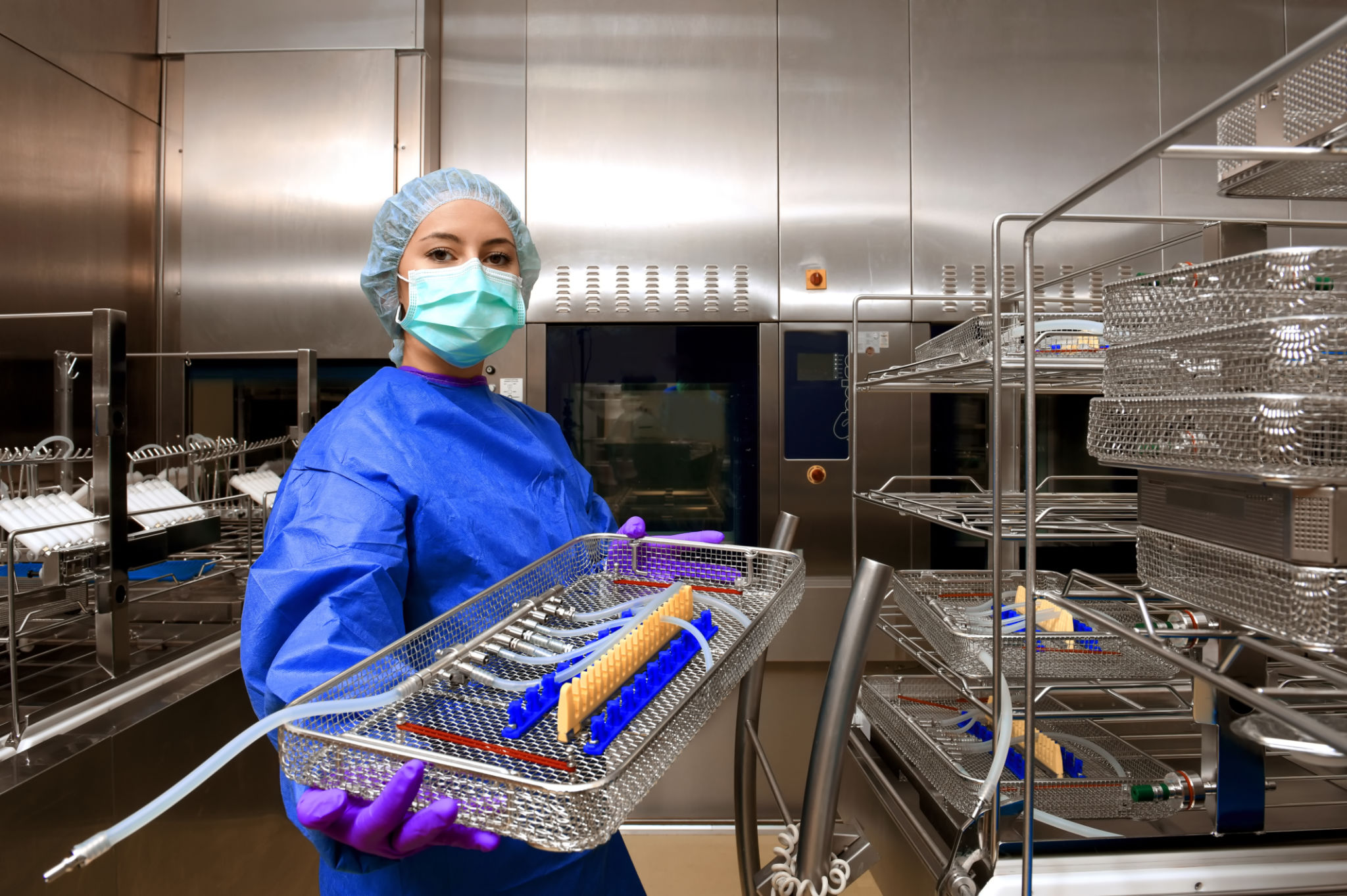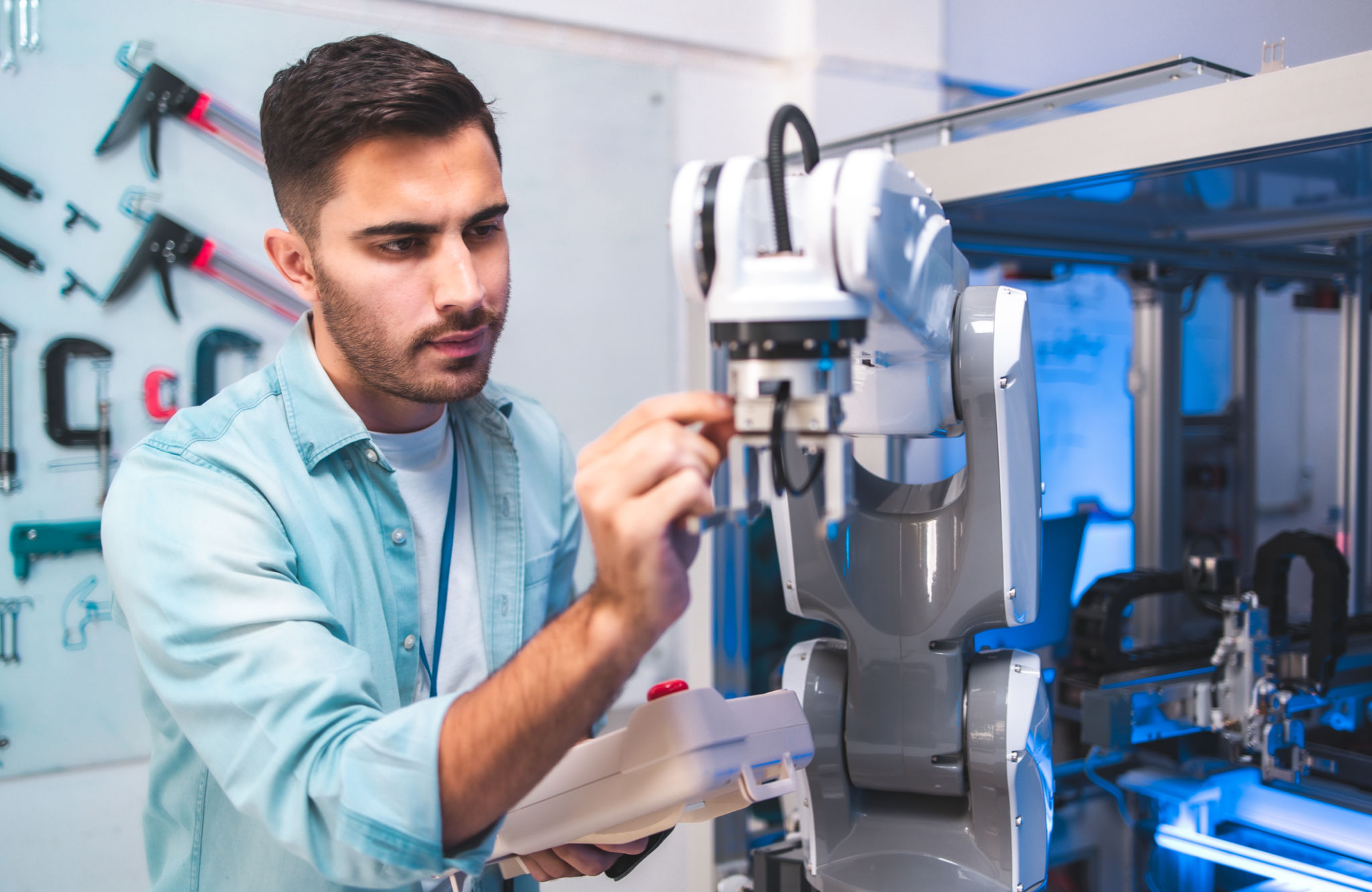Expert Tips for Maintaining Your Medical Equipment at Home
Understanding the Importance of Medical Equipment Maintenance
Maintaining your medical equipment at home is crucial for ensuring optimal performance and longevity. Whether it's a blood pressure monitor, glucose meter, or nebulizer, proper care can prevent malfunctions and provide accurate readings. Regular maintenance not only enhances the device's reliability but also safeguards your health.
Many people underestimate the significance of routine checks and cleaning. Equipment that is not properly maintained can lead to inaccurate results, which may affect your health management decisions. Therefore, it's essential to incorporate maintenance as part of your regular health care routine.

Regular Cleaning and Sanitization
The Basics of Cleaning
Keeping your medical devices clean is a fundamental part of maintenance. Dirt and dust can accumulate on and inside devices, potentially causing them to malfunction. Use a soft, damp cloth to wipe down the exterior surfaces, ensuring that no moisture enters any openings. For more delicate parts, refer to the manufacturer's instructions for specific cleaning guidelines.
Sanitization Practices
Sanitizing your equipment is crucial, especially if it comes into contact with skin or bodily fluids. Use alcohol wipes or an approved disinfectant to sanitize the surfaces. Always follow the recommended guidelines for each device, as improper sanitization can damage sensitive components.

Regular Inspections and Maintenance
Inspect for Wear and Tear
Regularly inspect your equipment for signs of wear and tear. Check cables, batteries, and any moving parts for damage. Replace worn-out components immediately to prevent any potential hazards. Pay special attention to parts that are frequently handled or moved.
Scheduled Maintenance
Follow the manufacturer's recommended maintenance schedule to ensure peak performance. This may include calibrating devices, replacing batteries, or updating software. Keeping a logbook of maintenance activities can help you stay organized and ensure nothing is overlooked.

Proper Storage Solutions
Storing your medical equipment properly is just as important as cleaning it. Ensure your devices are stored in a clean, dry place away from direct sunlight. Avoid areas with extreme temperatures or humidity, as these conditions can damage sensitive components.
Consider using protective cases or covers for added protection. If you have multiple devices, label storage areas clearly to facilitate easy access and organization. Proper storage not only prolongs the life of your equipment but also ensures they're ready for use when needed.
Knowing When to Seek Professional Help
While maintaining your medical equipment at home is manageable, there are times when professional help may be necessary. If you notice persistent issues despite regular maintenance, it may be time to consult a professional technician. They can provide detailed diagnostics and repair services that go beyond basic home maintenance.
Finally, always keep the contact information of the manufacturer or authorized service provider handy for any urgent repairs or replacements. Regular professional check-ups can complement your at-home maintenance efforts, ensuring your equipment remains in top condition.
